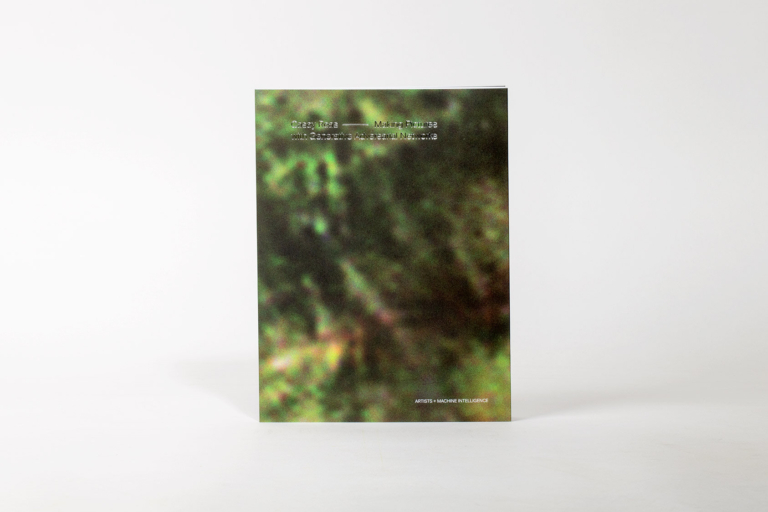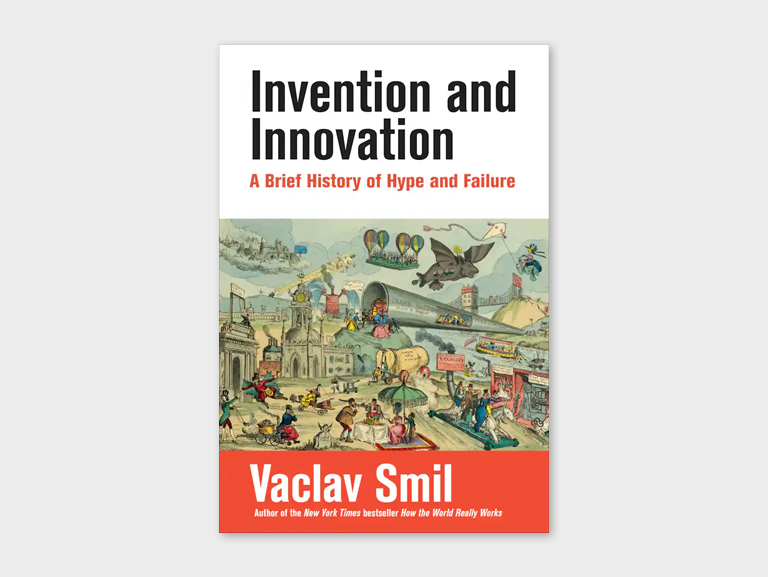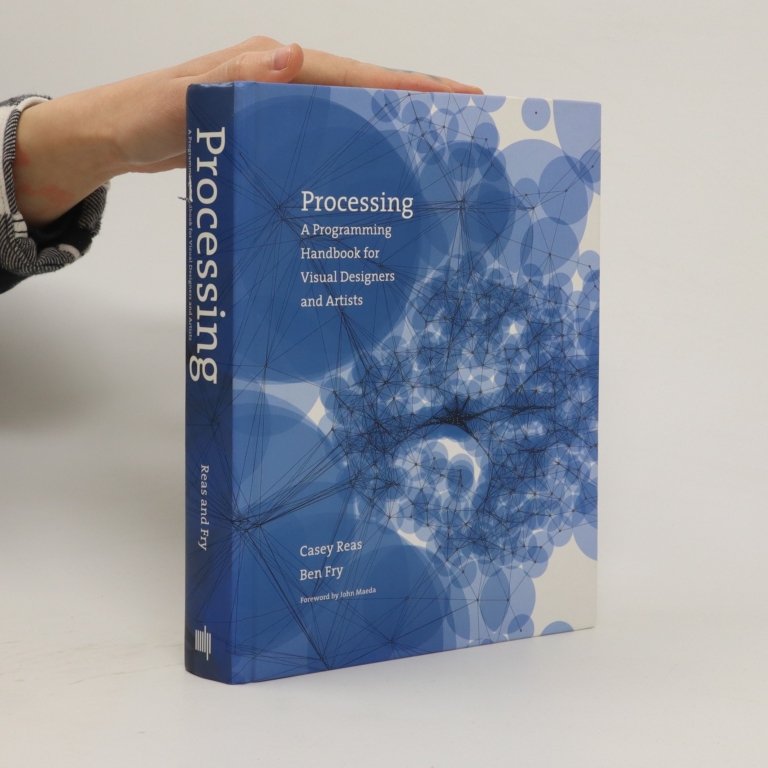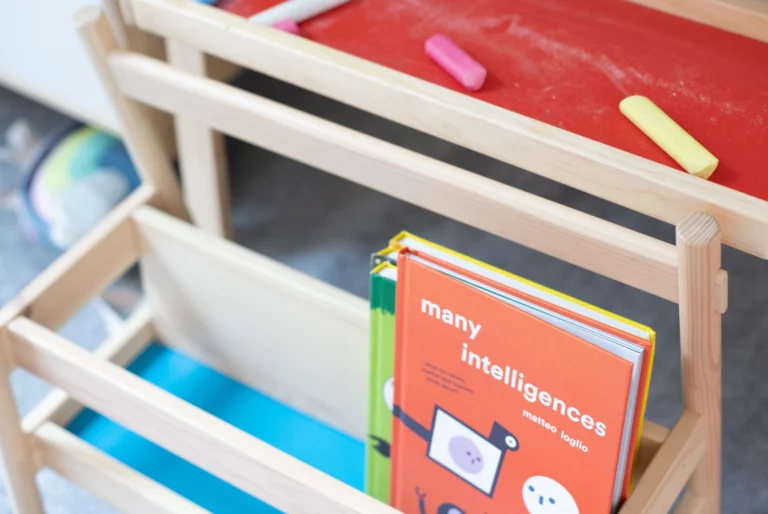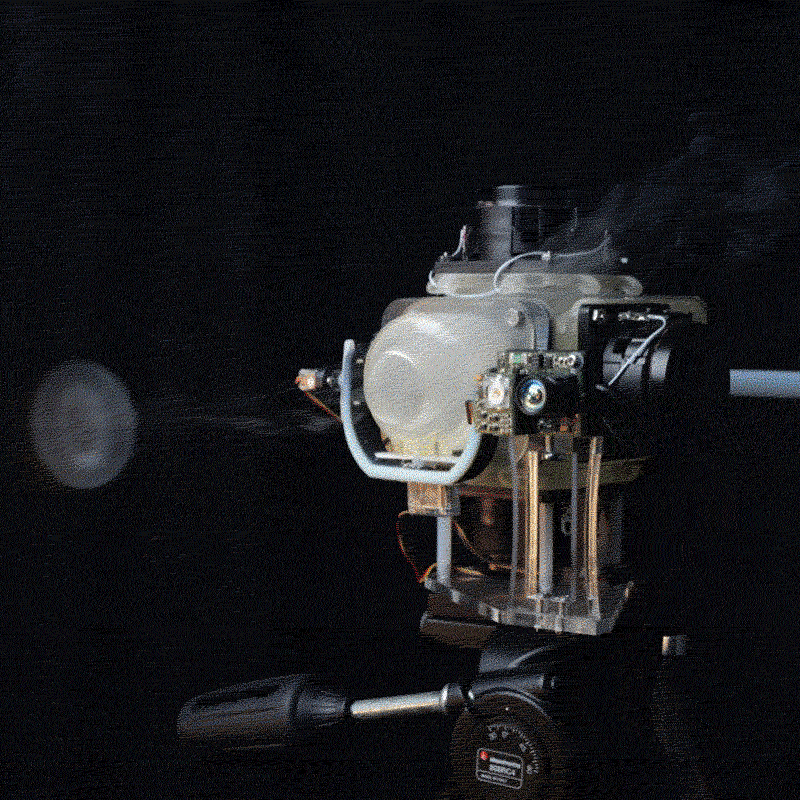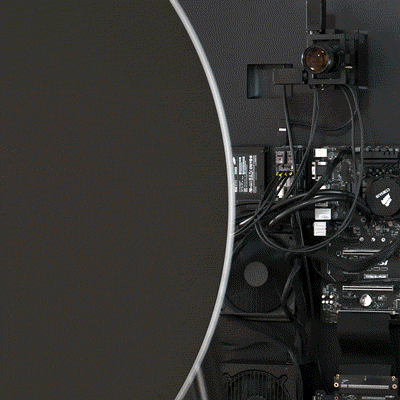Guest editor Nora N. Khan and fifteen luminaries question our problematic faith in and deference to AI. Exploring the limits of knowledge, prediction, language, and abstraction in computation, their collected essays and artworks measure the gap between machine learning hypotheticals and the mess of lived experience.
“How might we recognize in the pool of advanced computation, not just a reflection, but the underlying logic of technology, the stories it whispers to us from beyond the surface?”






Support CreativeApplications.Net
Since 2008, CreativeApplications.Net (CAN) has been a driving force, tirelessly influencing and shaping the conversations surrounding technology, society, and critical making. With a community of 1600+ members and a vast library boasting over 3,500 meticulously curated projects, experiments, texts, and reviews, CAN stands resolute as an unparalleled resource for students, educators, practitioners, curators, and cultural producers.
However, as we navigate the stark reality of independent publishing, we need your help! Please embark on this journey with us, extending your support by joining our community as a Member and contributing to our shared mission of propelling CAN forward.
Joining CAN is only $20 per year! (less than $2 per month) and it includes:
- Access thousands of projects, scores of essays, interviews and reviews.
- Post your projects, events, announcements.
- Join our Discord for events, open calls and even more projects.
- Tutorials (beginners and advanced) with code examples and downloads.
- Find employers who have recruited here in the past (over 1,000 jobs).
- Special offers and giveaways (events, books and media).
- No advertisements or banners of any kind, ad-free reading!
Joining CAN as an organisation (up to 40 users) is $200 per year and it includes:
-
Everything in the 'Standard' option plus:
- Submit articles/announcements as often as you need, carefully edited and published on the site by our team of writers.
- Reach thousands of daily CAN readers through articles and social media.
- Join our Discord to publicise events, open calls or projects.
- Your activities are boosted on our social media channels.
- Your events are included in our public calendars.
- We share ideas, networks, and resources with you.
You can also support CAN by donating
Click continue to donate with Stripe or you can also use PayPal, ETH, Bitcoin or Tezos/++
Artist Casey Reas explores what it’s like to make pictures with generative adversarial networks (GANs), specifically deep convolutional generative adversarial networks (DCGANs).
Drawing on his vast breadth of scientific and historical knowledge, Smil explains the difference between invention and innovation, and looks not only at inventions that failed to dominate as promised, but also at those that turned disastrous.
This book introduces this new literacy by teaching computer programming within the context of the visual arts. It offers a comprehensive reference and text for Processing (www.processing.org), an open-source programming language that can be used by students, artists, designers, architects, researchers, and anyone who wants to program images, animation, and interactivity.
With Many intelligences, Matteo Loglio lets us peek into the future and imagine a world where pots, cars and toasters will be as intelligent as we are (or maybe even more so). Without forgetting our current task: being the most intelligent beings on the planet also means being responsible for all the others.


